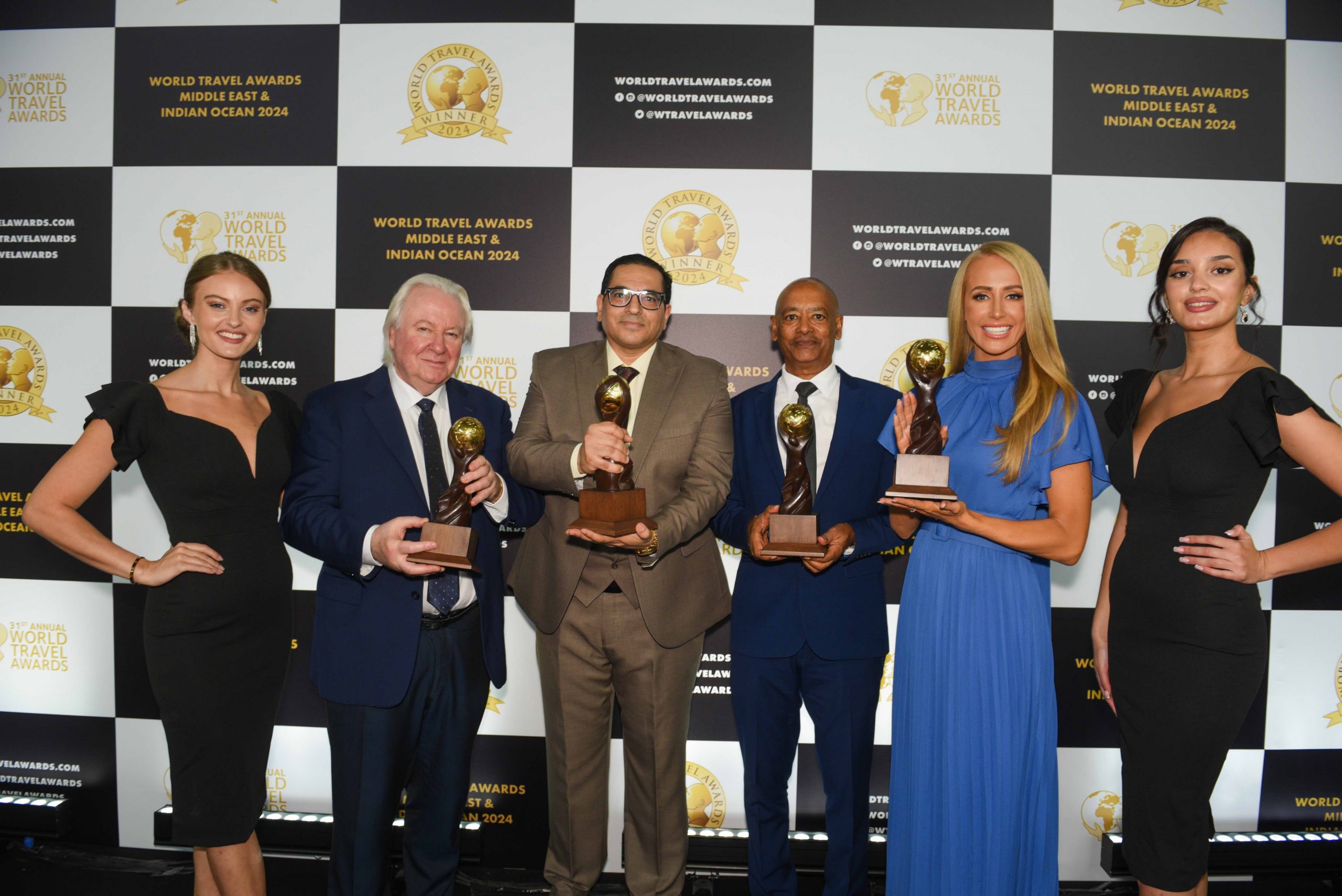With profound sadness, Marriott International announced that Arne M. Sorenson, President and CEO, unexpectedly passed away on 15th February 2021. In May 2019, the company announced that Mr. Sorenson had been diagnosed with pancreatic cancer.
On February 2, 2021, Marriott shared the news that Mr. Sorenson would temporarily reduce his schedule to facilitate more demanding treatment for pancreatic cancer.
Mr. Sorenson became the third CEO in Marriott’s history in 2012, and the first without the Marriott surname. A visionary leader, Mr. Sorenson put the company on a strong growth trajectory that included the $13-billion acquisition of Starwood Hotels & Resorts.
Arne loved every aspect of this business and relished time spent touring our hotels and meeting associates around the world. He had an uncanny ability to anticipate where the hospitality industry was headed and position Marriott for growth. But the roles he relished the most were as husband, father, brother and friend. On behalf of the Board and Marriott’s hundreds of thousands of associates around the world, we extend our heartfelt condolences to Arne’s wife and four children. We share your heartbreak, and we will miss Arne deeply.
J.W. Marriott, Jr., Executive Chairman and Chairman of the Board.
During his tenure as CEO, Mr. Sorenson was tireless in driving the company’s progress, creating opportunities for associates, growth for owners and franchisees and results for the company’s shareholders.
Known for his leadership on difficult national and global issues, Arne M. Sorenson steered Marriott to make significant progress on diversity, equity and inclusion, environmental sustainability and human trafficking awareness.
When Mr. Sorenson stepped back from full-time management in early February, the company tapped two veteran Marriott executives, Stephanie Linnartz, Group President, Consumer Operations, Technology and Emerging Businesses, and Tony Capuano, Group President, Global Development, Design and Operations Services, to share responsibility for overseeing the day-to-day operations of the company’s business units and corporate functions, in addition to maintaining their current responsibilities.
Ms. Linnartz and Mr. Capuano will continue in this capacity until the Marriott Board appoints a new CEO, which is expected to be within the next two weeks.
Feature image by Marriott International







